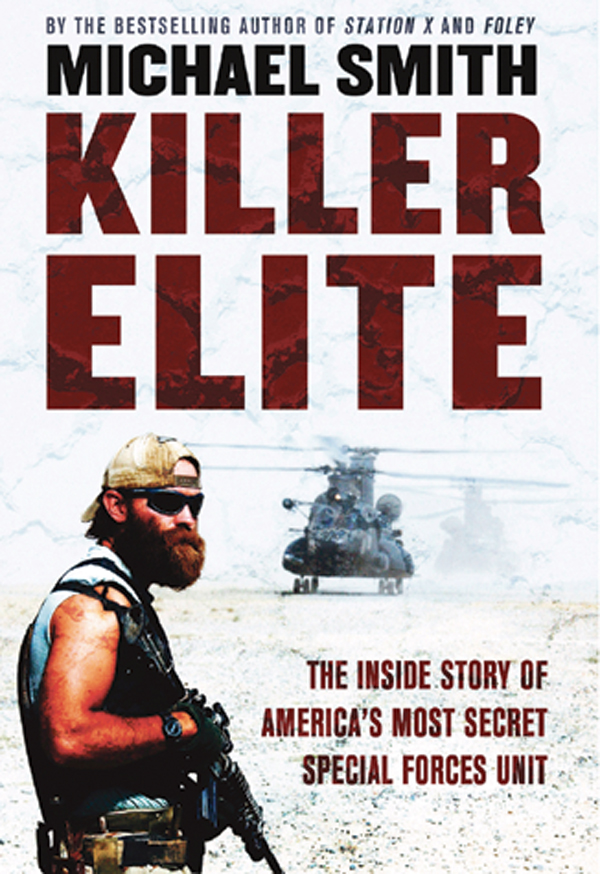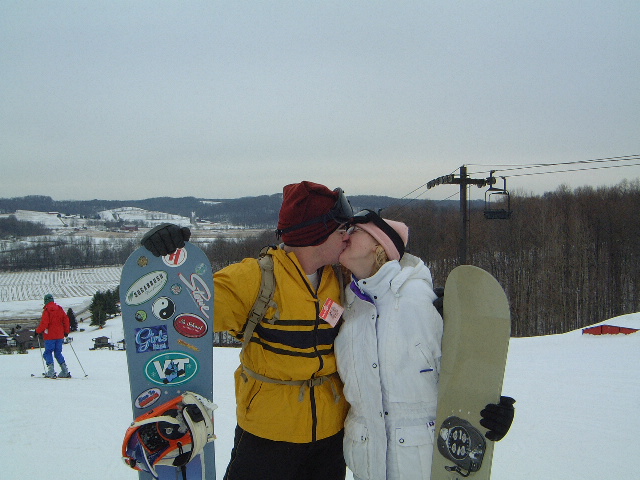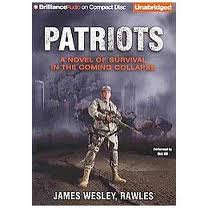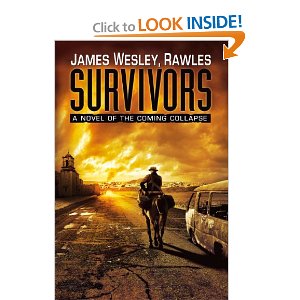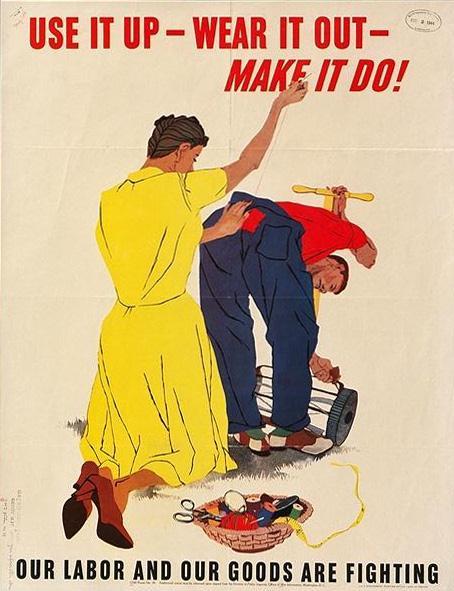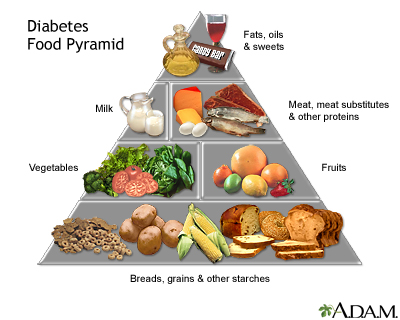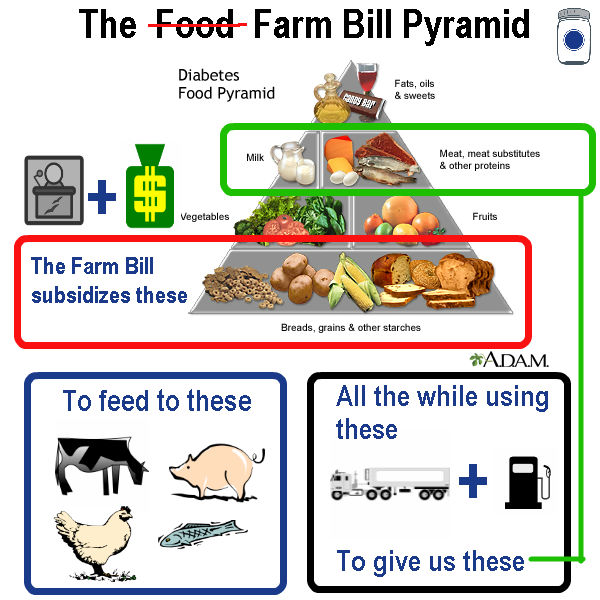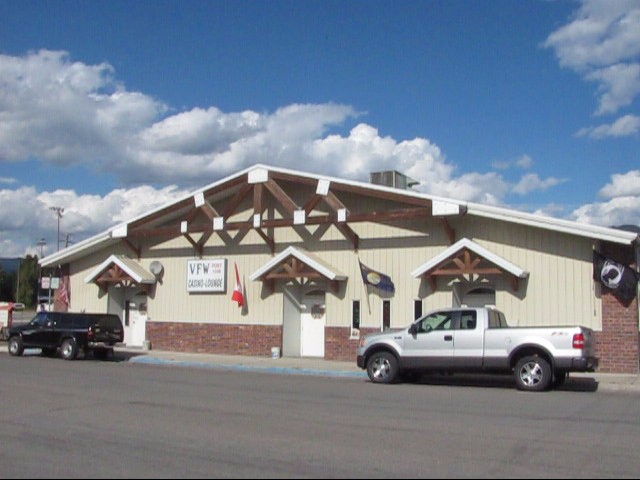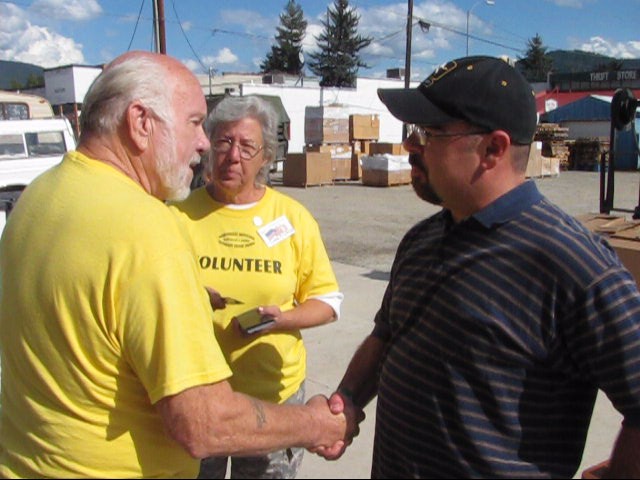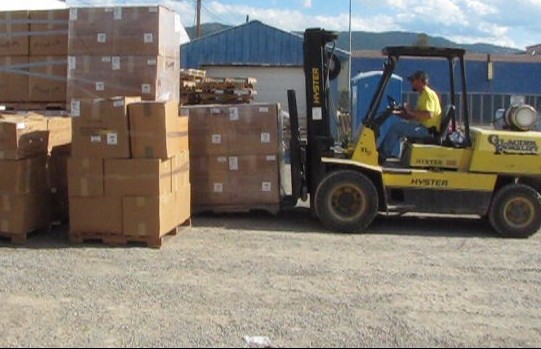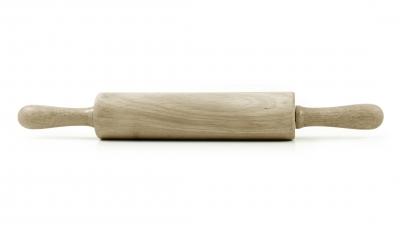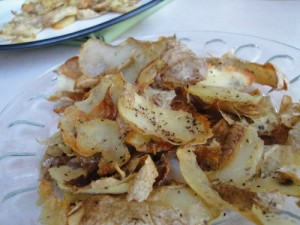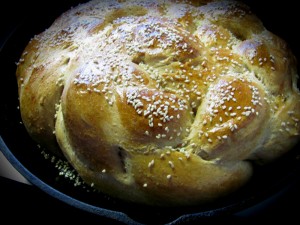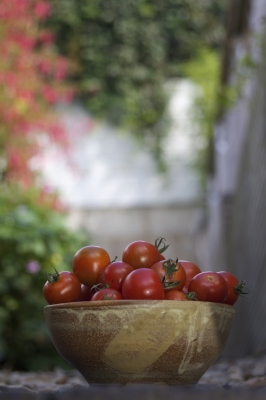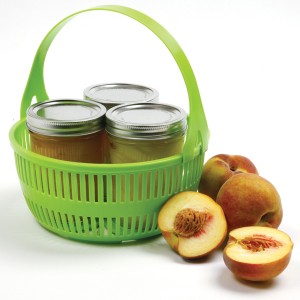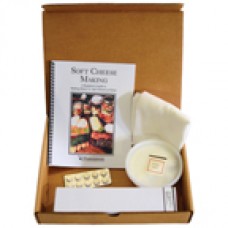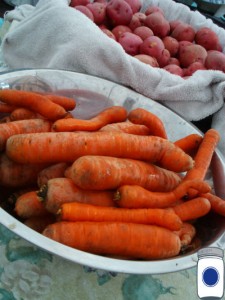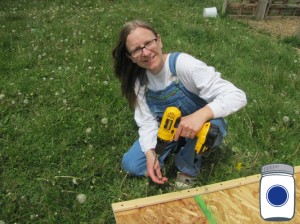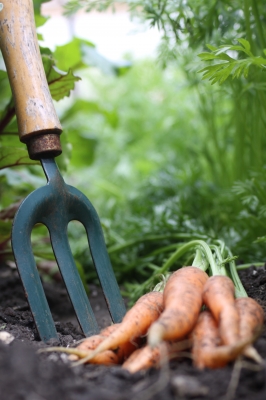We were citified yuppies. We drove the approved car, lived in the approved four bedroom house in the approved neighborhood, with the approved 2.3 kids (I was pregnant) and I could give the approved answers at all of the approved yuppie social functions.
We did have some closet behaviors, of course. To start, we’re Christians, but that’s okay, we just gravitated towards the Christian-yups. We were a homeschooling family, knew which end of the fishing pole did what and we could muster the carpentry skills to build a semblance of a compost bin. I milled my own flour and baked constantly. The smell of freshly baked bread was my gateway drug which eventually led to dehydrating, and even pressure canning (that is when you have crossed over).
My husband stumbled upon the notion of rain barrels. Our lack of these specific self-sufficiency skills led to some “unapproved” blogs about how we could all pay a price for our failing economy and that it would be a good idea to put something away for a “rainy day”. I reviewed some homeschooling curriculum about economics and it all clicked for me, too. “Hey,” I thought, “you can’t spend what you don’t have.” So novel, I know.
That was the beginning of the journey and the point of no return was in our rear view mirror. I read Carla Emery’s “Encyclopedia of Country Living” cover to cover (yes, even appendices). 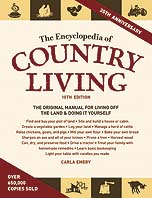 We became radical to get out of debt: excessive couponing, even selling the Volvo and getting by with one car—gasp! Above all else, we spent a lot of time in prayer. Well, sometimes we didn’t pursue God—it honestly felt more like He pursued us. We sold much of what we owned, gave away the rest, and moved from one side of the country to the other.
We became radical to get out of debt: excessive couponing, even selling the Volvo and getting by with one car—gasp! Above all else, we spent a lot of time in prayer. Well, sometimes we didn’t pursue God—it honestly felt more like He pursued us. We sold much of what we owned, gave away the rest, and moved from one side of the country to the other.
We gave up all sanity if you were to ask anyone we knew, but we knew that we were exactly where we were supposed to be . . . beautiful Northwest Montana!  Three days in the car with three sick children. By the time we hit Wyoming, I was teetering in my resolve, “Carla Emery didn’t mention this,” I thought. Perhaps sanity is overrated. The dog was crossing both sets of her legs, so we pulled off at a quaint little general store/tackle shop/pizzeria/fireworks stand/laundry mat/gas station, miles from anywhere else.
Three days in the car with three sick children. By the time we hit Wyoming, I was teetering in my resolve, “Carla Emery didn’t mention this,” I thought. Perhaps sanity is overrated. The dog was crossing both sets of her legs, so we pulled off at a quaint little general store/tackle shop/pizzeria/fireworks stand/laundry mat/gas station, miles from anywhere else.
The wind softly blew the dust up and the horse tied to the post pawed the ground and snorted. The checkout lady graciously led this whimpering mother back to the “Employees Only” utility sink, so that I could hand scrub three soiled lovies, lest the children refuse to sleep without them. 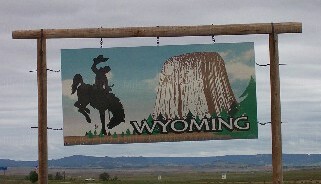
We finally arrived to the small town in Montana which we now call home, checked into a hotel, and immediately headed over to the grocery store for something we could call dinner. 
Something was strangely odd; bumblebees and princesses, dragons and race car drivers were walking across the parking lot holding hands and looking both ways. We walked through the door of the grocery store, met by a human sized M&M (green, my fave) who passed a baggie of tickets to each of us. We had arrived on Halloween. The entire town, it seems, goes to the grocery store on Halloween. The local icon known as “the Balloon Man” was there in his homemade clown costume giving hats and swords to the children and giving the adults funny anecdotes about his grandchildren. The grocery store passed out free hotdogs, chips, and soda. There were games and prizes, samples and—to the locals—a chance to catch up on the news while waiting in lines.
Culture Shock.
It’s been a tough year on many accounts and we have grown. We’ve gone from one end of the economic pendulum to the other. We survived those first few winter months simply by the grace of God and of others. I never knew generosity until I met the neighbors of my small town. I would find a mason jar of goat milk on the front porch every morning when I let the dog outside. Plates of cookies, homemade bars of soap, and even canned elk meat were given to us because “I had some extra…”
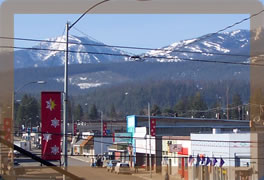
A year has recently passed. This year, we escorted a Tigger, an Eeyore, and a Piglet across the parking lot, holding hands and looking both ways. As children compared costumes and parents compared the week’s happenings, I asked my husband, “A whole year—what do you think now?”
“We are different people now,” he replied. “The culture shock is gone, and we are different.” We smiled somberly, as though that smile recorded the memories of a year.
Everything has been a new experience, from butchering livestock to homemade ice cream to community firewood cutting. There were our failed attempts at gardening in a harsher climate, our new friendships, and endless winter months playing board games with restless children. The people here are strong. The lifestyle is simple but never confused with easy.
I nodded in agreement, fighting back a tear. “Yes,” I whispered, “we are stronger.”
photo credits:
Cabinet Mountains: Alice and Jim Hayes, Loveless Realty
Grocery Store: Rosauers photo
Arial of Town: Kootenai River Development Council, Inc.


